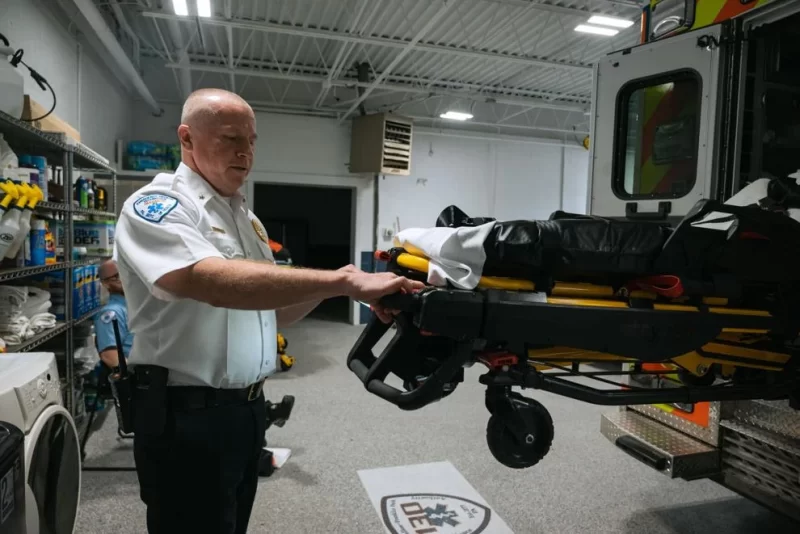By Anthony Hennen | The Center Square
(The Center Square) — Health care deserts are growing larger in Pennsylvania.
“There were 33 hospital closures in the past 20 years, including 15 in the past five years,” Sen. Katie Muth, D-Royersford, said during a Tuesday meeting of the Senate Democratic Policy Committee. “Closure of emergency rooms, maternity care services, and hospitals in general are affecting communities across 67 counties of this commonwealth.”
The problems can range from workforce shortages, consolidations and higher costs for urban and rural Pennsylvania alike.
Sen. Marty Flynn, D-Scranton, argued that a lack of health care centers means that residents face higher hospitalization rates that were otherwise preventable.
Pennsylvania also struggles to provide comprehensive maternal care statewide, argued Tammy Torres, president of Lehigh Valley Hospital–Hazleton.
“We’re very challenged in maternal health; more than 12% of Pennsylvania women and 47% of women in rural counties live more than 30 minutes from birthing hospitals,” Torres said. “One of our local hospitals closed their doors to (obstetrics) due to expense.”
One part of the access challenge is a lack of doctors and nurses.
“When I’m looking at the data, in the next six years the commonwealth will need 1,000 primary-care physicians. With the shortfall of registered nurses, we’re looking at over 20,000; mental health professionals, 6,000; support staff, the biggest thing, it’s about 280,000 individuals we’ll need over the next several years,” Torres said.
When some health care workers try to move to Pennsylvania, they hit a wall. Torres spoke of workers from Puerto Rico who have trouble getting through the licensing process due to requirements that they take an English-as-a-foreign-language test — even though they’re already bilingual.
“New York, Virginia, and other states — I think nine — don’t require this,” Torres said. “We should really look at that for the commonwealth and see if there’s anything we can do.”
Others argued for more public transparency and oversight.
“A merger, acquisition, or change in ownership is one of best predictors that a community will experience a full or partial closure,” said Patrick Keenan, director of policy and partnerships for the Pennsylvania Health Access Network. “The moment to start looking at closures is when a merger or acquisition happens.”
When a place loses a hospital or health center, it can push people to leave or avoid moving in, he said.
“We need a public interest review process around those mergers, acquisitions, and changes of ownership that empowers local officials to learn about what’s happening, to plan, to strategize, and ultimately to get commitments from entities to preserve access to care,” Keenan said.
Legislators emphasized that focusing on workers could be part of the solution.
“There’s lots of deficiencies in the commonwealth with access to care,” said Sen. Bridget Kosierowski, D-Scranton. “I think we can fix this … It’s the workforce we have to really pay attention to and lift up.”
